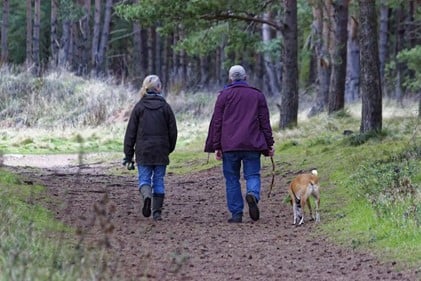The Australian Prostate Centre (APC) is a not-for-profit medical centre in Melbourne, created to help men living with prostate cancer. They share three ways to balance the important parts of wellbeing including continence, sex, exercise and psychology.

1. Get fit
Did you know exercise can help recovery after a cancer diagnosis? Exercise has so many benefits, both for your physical health, and also mental health and wellbeing.
New research is finding that exercise at the right intensity can reduce the risk of cancer reoccurring (coming back). The best results come from exercises set by a healthcare professional, such as an exercise physiologist or physiotherapist, who is trained in exercise to suit your condition.
2. Seek help early to reduce treatment side effects
Incontinence and erectile dysfunction are two common side effects that can happen after prostate cancer treatment. These changes can be devastating for self-esteem and quality of life.
Pelvic floor physiotherapists and nurse continence specialists help men with incontinence. You can see them before treatment to teach you pelvic floor exercises, then continue after treatment to guide continence recovery.
A urology nurse can support men with the different treatments available to help manage post-treatment erectile dysfunction. They can teach different strategies to help recover erections, and also explore intimacy and communication to help men regain a satisfying sex life.
3. Look after your mental health
It is common for men to experience a range of different emotions after receiving a diagnosis of prostate cancer. These may include feelings of shock, fear, anger, anxiety and sadness.
Receiving a diagnosis and having to decide on treatments can bring about challenging thoughts about the future, your sense of self and your usual roles in life. Remember there is no right or wrong way to feel. Everyone has their own individual way of coping with a cancer diagnosis.
Are you finding it hard to manage your emotions and/or engage in life’s daily activities? It is important to seek help at an early stage. You can do this by talking to your General Practitioner (GP), who can refer you to a psychologist or counsellor who can help.

